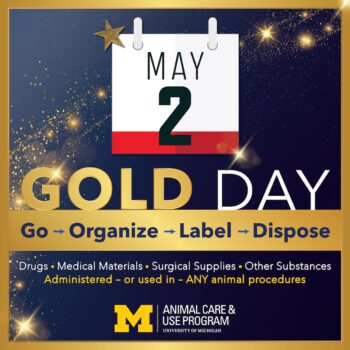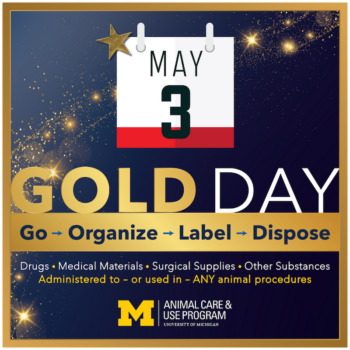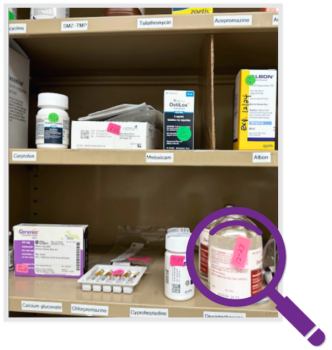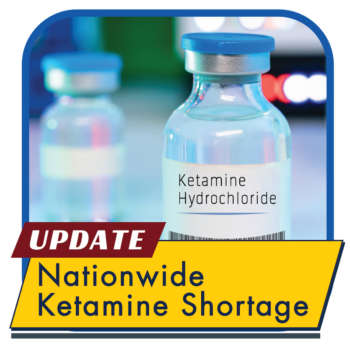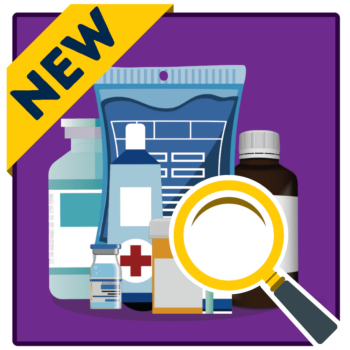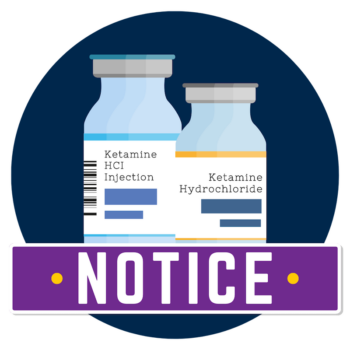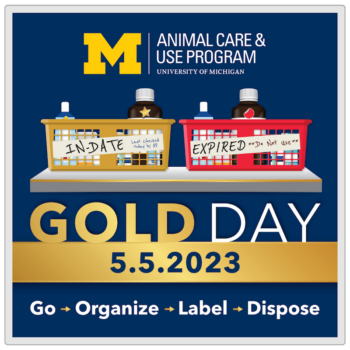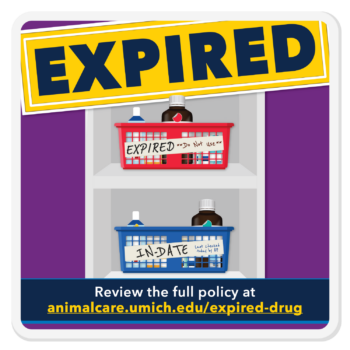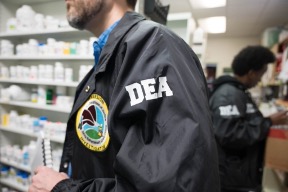Controlled Substances Drugs Guidelines Policies
Third Annual GOLD Day Set for Friday, May 2
The Animal Care & Use (ACU) Program is pleased to announce that this year’s GOLD Day will take place on Friday, May 2. Now in its third year, GOLD Day is a unique opportunity for laboratories to set aside dedicated time to: Go, Organize, Label, and Dispose of drugs, medical materials, surgical supplies, agents, and ...
